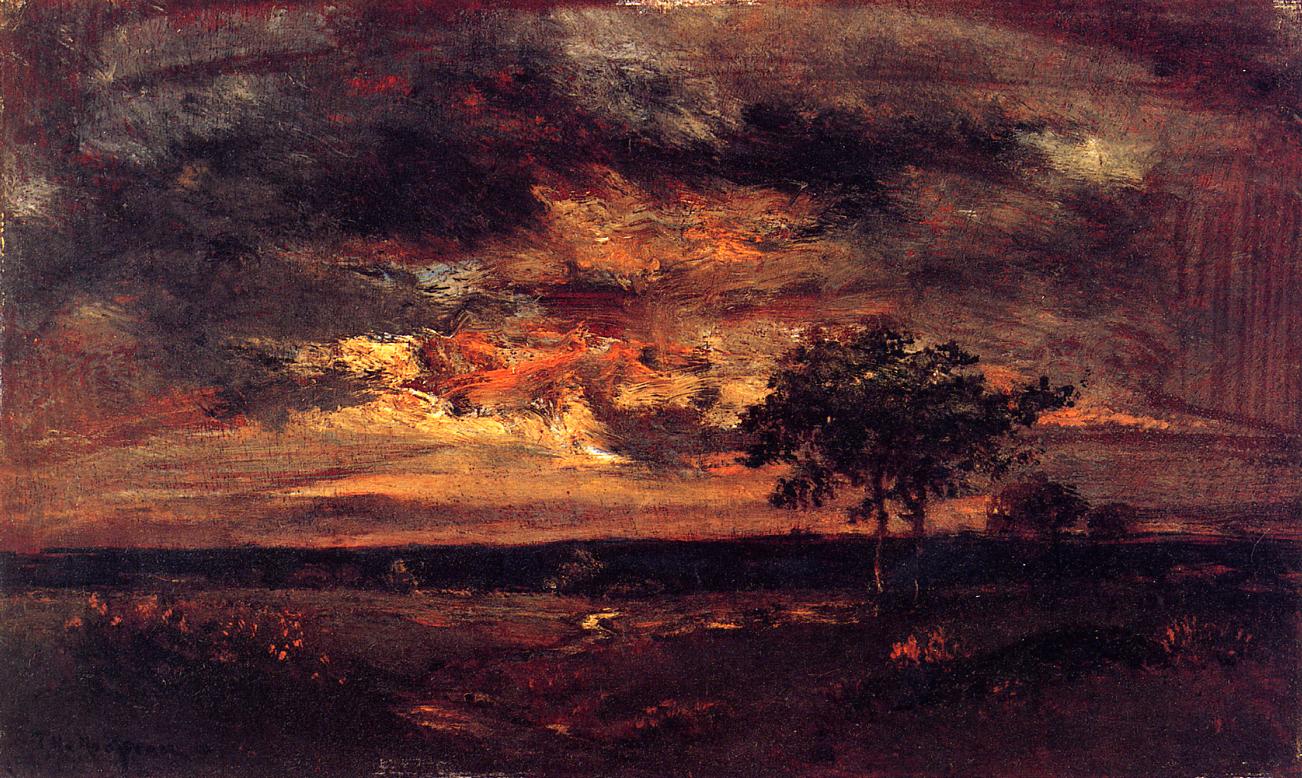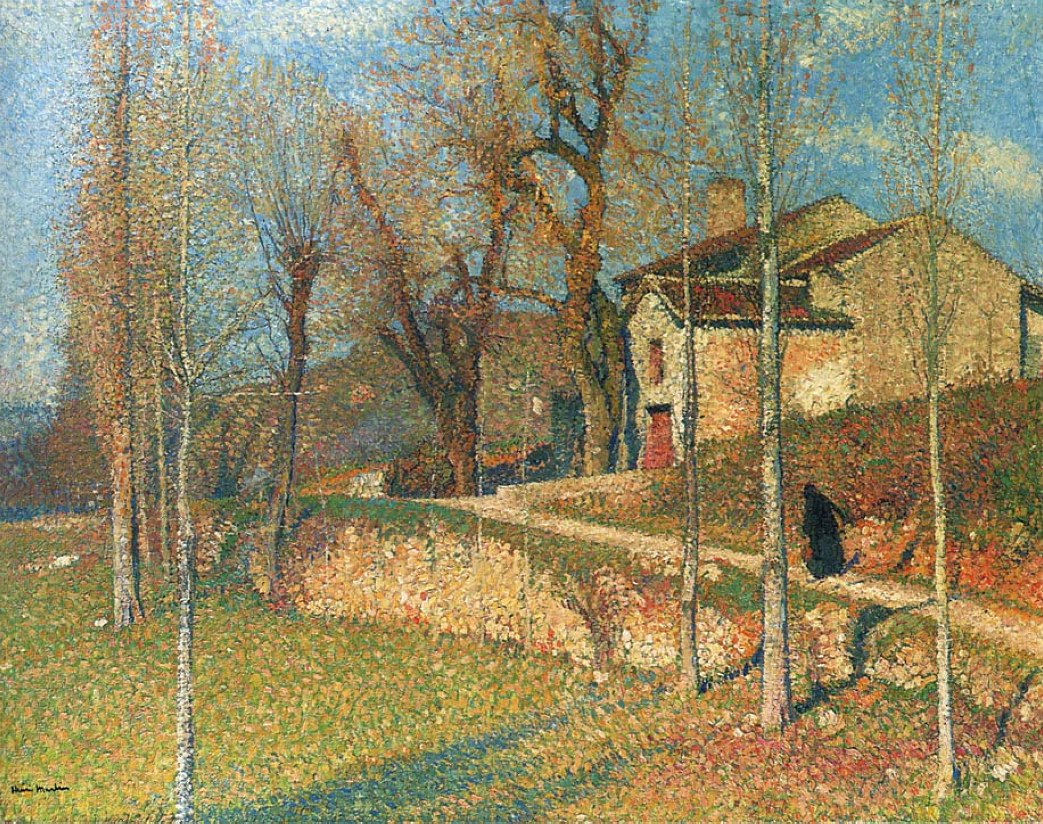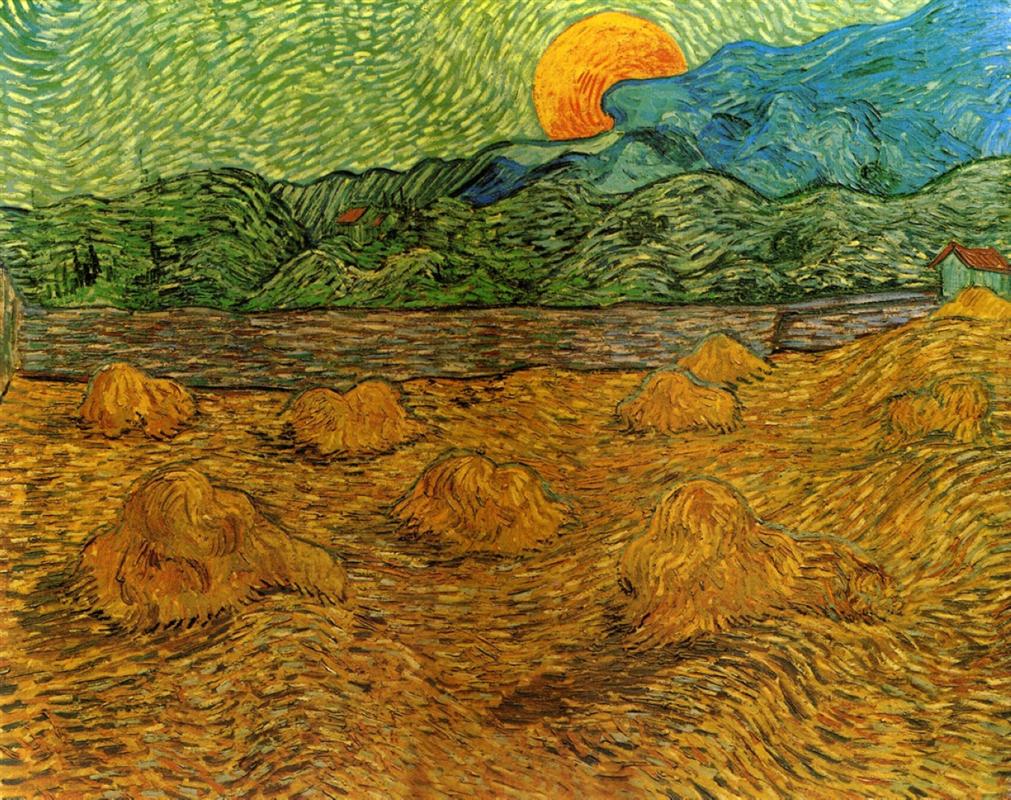
[pullquote cite=”William Shakespeare. Hamlet” type=”right”]…there’s a special providence in the fall of a sparrow. If it be now, ’tis not to come; if it be not to come, it will be now; if it be not now, yet it will come: the readiness is all. Since no man knows aught of what he leaves, what is’t to leave betimes? Let be.[/pullquote]
It was my birthday this week — always an occasion to pause a bit, take a look back, and a look forward; to attempt a “bird’s eye” view of one’s life.
Since I started the “Sonnets in colour” series, I have been noticing how my life began to fall into their rhythm — almost to rhyme with them; and it is often not quite clear where is the source and where the target in this process. Someone told me recently that painting the sonnets in their traditional order just goes to show that I am not creative enough: a true artist would paint them as they “come” to them — in the order imposed by her Muse. But there is something stranger and more invigorating in following their own order and surrendering to their own rhythm and logic, their own powerful Muse. The idea of “surrender” to something larger than my self was there from the very beginning of this project — because I felt distinctly uncomfortable with the modern discourse of “self” and “self-expression”, and the hold it used to have on me. I needed something powerful enough to counteract it, and the sonnets fit the bill, but I didn’t expect this pleasure of watching my life falling into step with them.

Birthdays — these natural semicolons of life — make the workings of this process even easier to notice. Last year, my birthday was greeted with the sixty second sonnet — when my glass shows me myself indeed // Beated and chopped with tanned antiquity; this year turned out altogether more uplifting:
That time of year thou mayest in me behold
When yellow leaves, or none, or few, do hang
Upon those boughs which shake against the cold,
Bare ruined choirs, where late the sweet birds sang.
In me thou see’st the twilight of such day,
As after sunset fadeth in the west,
Which by-and-by black night doth take away,
Death’s second self, that seals up all in rest.
In me thou see’st the glowing of such fire
That on the ashes of his youth doth lie,
As the death-bed whereon it must expire
Consumed with that which it was nourish’d by.
This thou perceivest, which makes thy love more strong,
To love that well which thou must leave ere long.
There is a progression of increasingly complex and beautiful metaphors for aging and death here, accompanied — particularly relevant to my series — by increasing precision of colour perception: from yellow to twilight to the glowing of fire. And as I was working on my first study for this sonnet several days ago, I was suddenly overwhelmed by a strangely euphoric feeling: I felt that I was, truly and genuinely, ready for death. In a sense, of course, one is always ready (what else can we be?) — but there was a certain realness and authenticity to this feeling which I had never experienced before, and it was absolutely exhilarating, like the sense of freedom and joy after an illness. After this wave of bliss had abated somewhat, I began to suspect that it might not have been, strictly speaking, mine to begin with: it was his, Shakespeare’s. But that’s beside the point: now I have shared in it, so it is mine, too — and I now know how it feels. This what the idea of surrender is all about.

Come to think about it, there is hardly anything more stupid in this life than the fear of death — and it’s twin sister, the urge for security; nothing better suited to build a self-designed cage of security around oneself and so deprive oneself of the freedom of being alive. Have you ever wondered why the fear of death often increases with age? Young people seem to be more willing to risk their life than their older selves, even though the exact opposite would be more rational: after all, the younger one is, the more is at stake; the older one gets, the less one has to lose. Might it be because the fear of death is but another name for the loss of vitality? Or, to put it even more plainly, because the fear of death is death?
I once met a woman who avoided leaving her apartment because it felt dangerous out there. We were planning a trip to France at the time, and she was surprised that were were not afraid of this (supposedly) perilous journey, and even tried to dissuade us from traveling. After all, it’s arguably much safer to stay at home. People rarely take their urge for security to such extremes (maybe just because the demands of life prevent them from doing so), but a few years ago, I started to notice in myself a similar temptation to build my own prison of safety, complete with occasional out-of-the-blue panic attacks. It was then when I first felt, with the strength that comes from personal urgency, that there is more danger to life in the fear of death than in death itself. I did find a way to cure myself out of this deadly hole of fear some time ago, but the sensation of readiness that came last week with the seventy third sonnet felt like, finally, the ultimate freedom from it.

There is a facet of the same temptation which is more difficult to notice, but which, I’ve come to think, might be even more dangerous to life. It is the temptation to have it “all figured out”, to settle into a neat worldview, to see the world as a completely familiar place. I did experience this, too, and I honestly don’t know by what miracle I was shaken out of this deadly neatness of comfortably closed mind (Shakespeare must have had something to do with it). The temptation, though, is always there, if only because the very process of figuring things out, with its aha moments, is one of the most tangible pleasures this life has to offer. The trick I am trying to learn is not to settle into it, to live the questions, to remind myself there are always more unfamiliar things in heaven and earth that are dreamt of in any philosophy, and the life is always stranger and less comprehensible than these aha moments seductively suggest.
[share title=”If you’ve enjoyed reading this post, please consider sharing it with your friends!” facebook=”true” twitter=”true” google_plus=”true” linkedin=”true” pinterest=”true” reddit=”true” email=”true”]